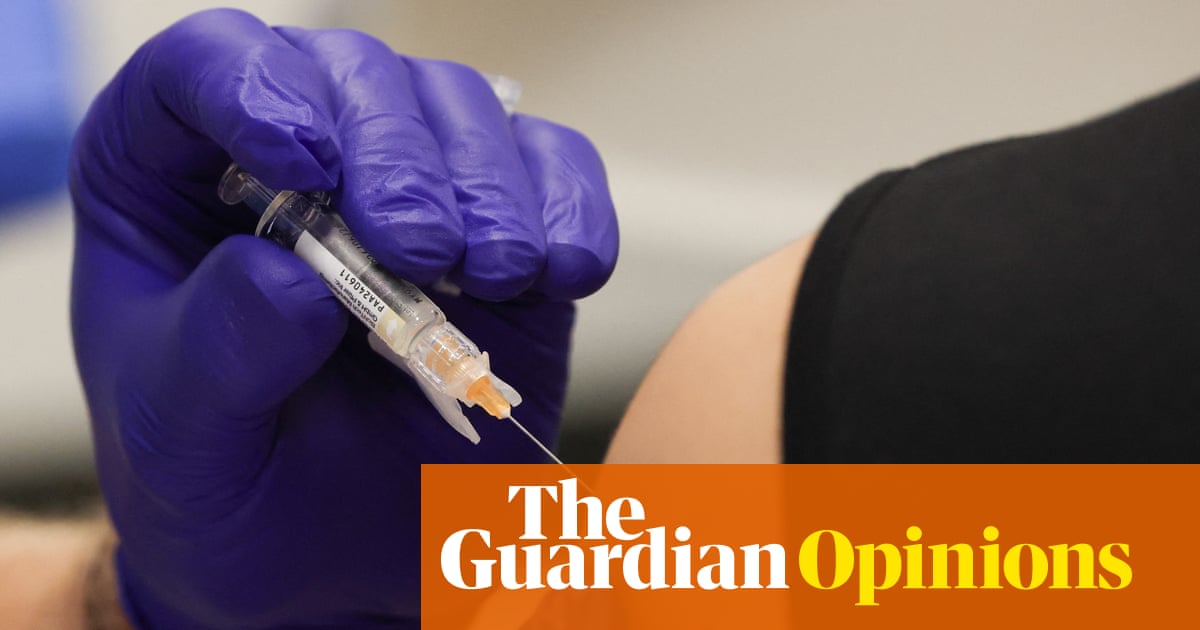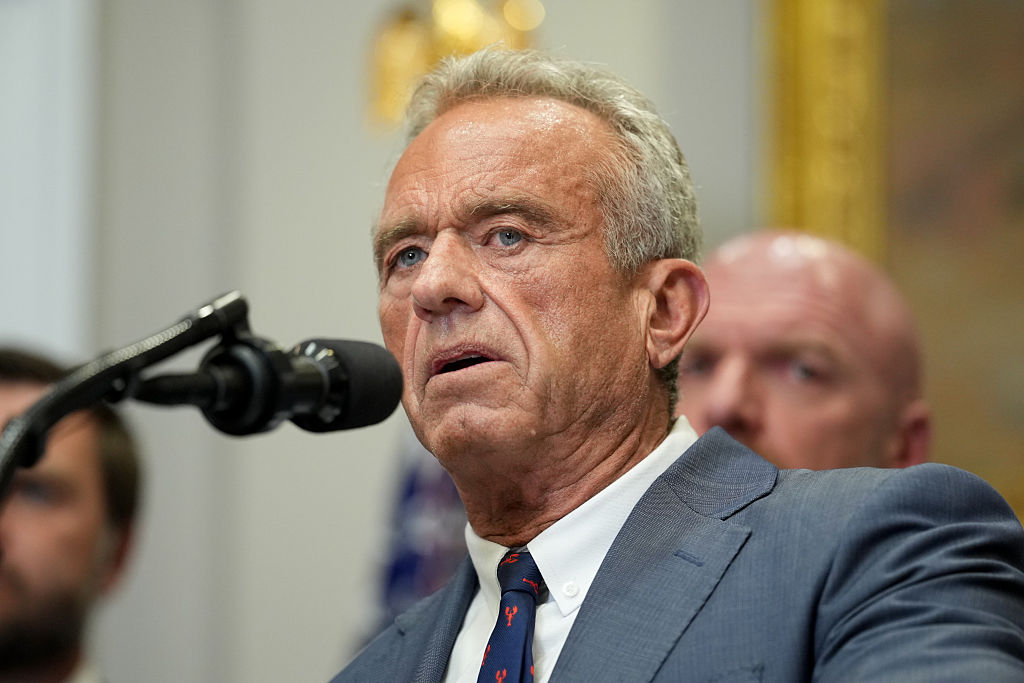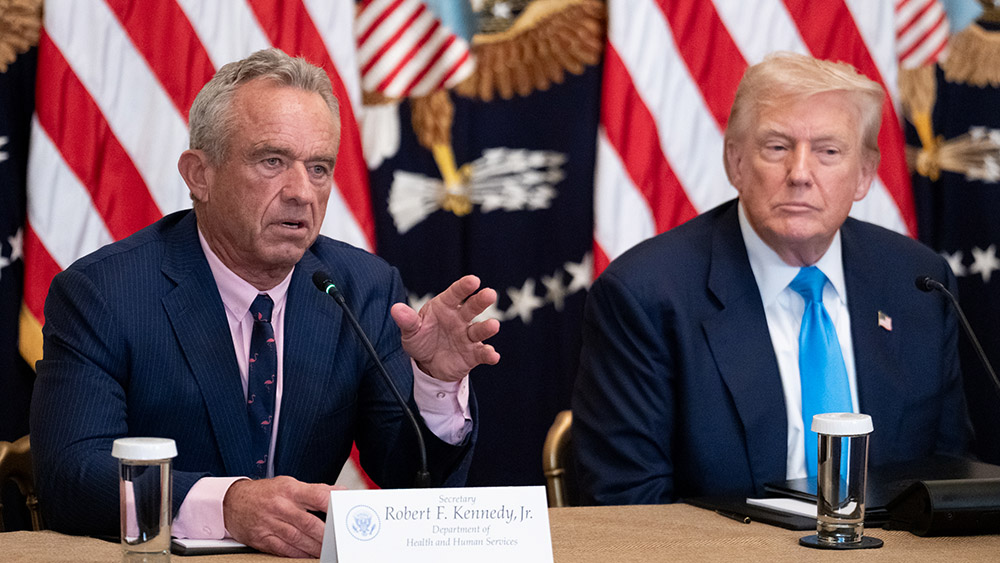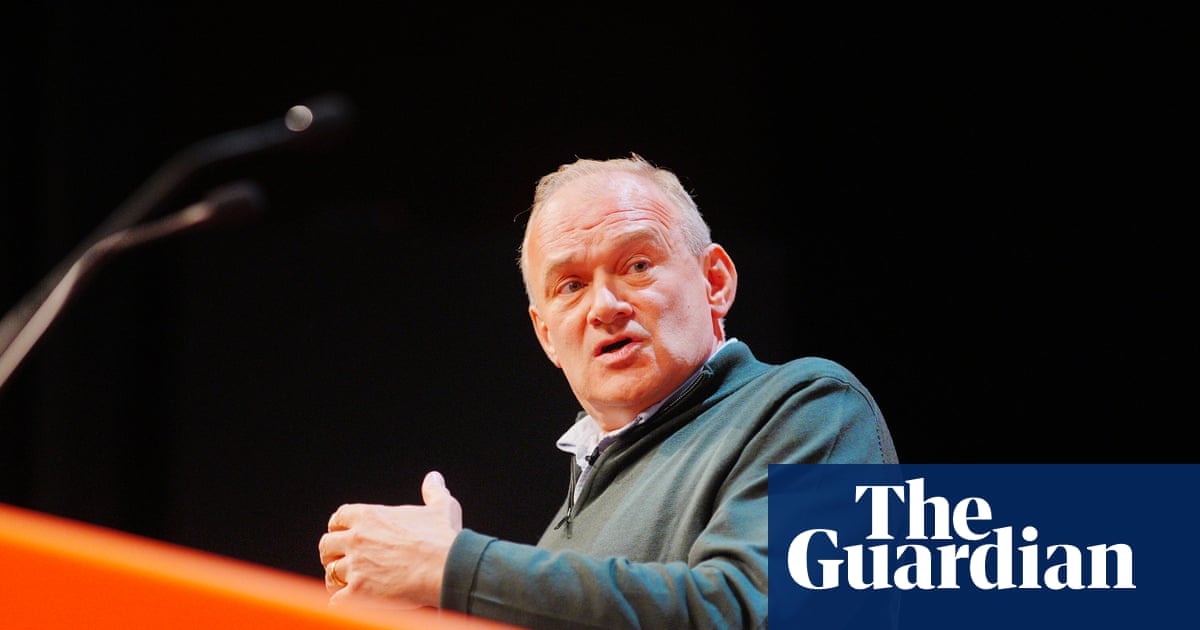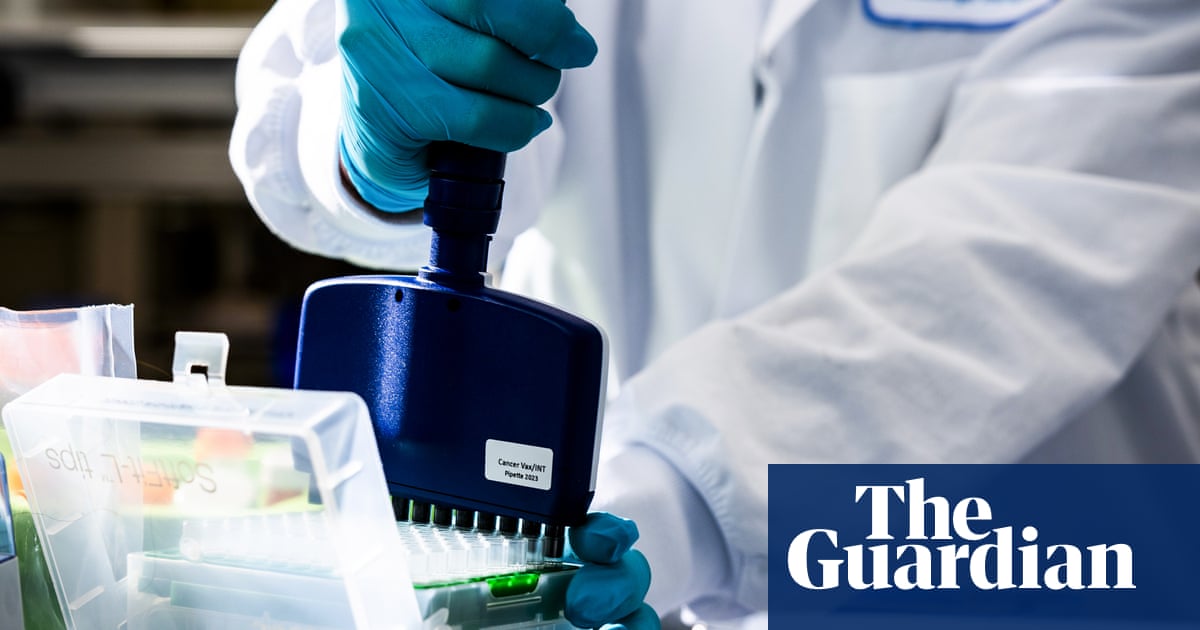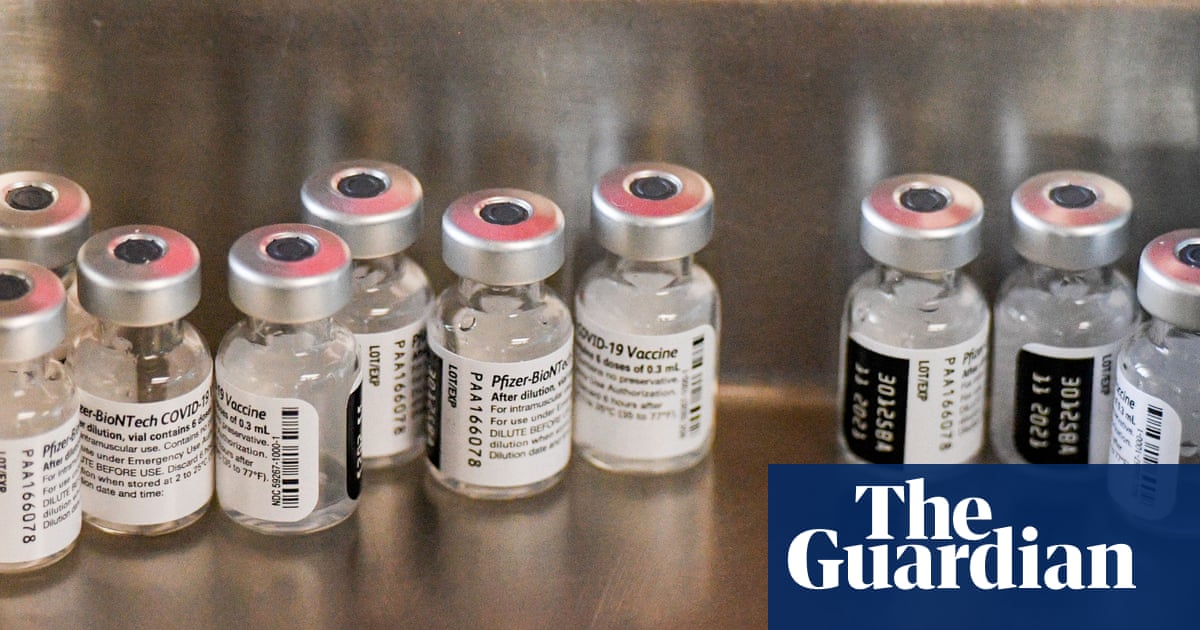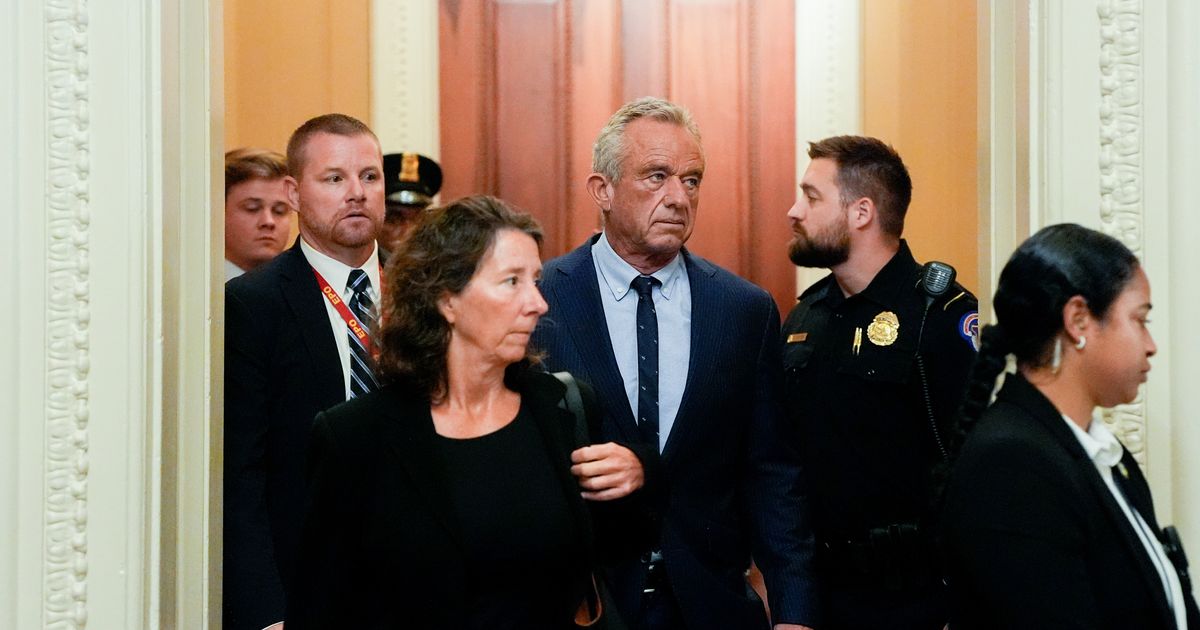#mrna-vaccines
#mrna-vaccines
[ follow ]
#covid-19 #public-health #hhs #vaccine-safety #health-policy #vaccine-funding #vaccine-development #vaccine-policy
Cancer
fromwww.scientificamerican.com
3 months agoHow mRNA Cancer Vaccines Could Treat Pancreatic and Other Types of Cancer
mRNA vaccines are being developed as therapeutic cancer treatments, showing promise where traditional therapies often fail, especially for hard-to-treat cancers like pancreatic cancer.
Alternative medicine
fromNatural Health News
4 months agoHUMAN MEDICAL EXPERIMENT: The mRNA jabs are the most DANGEROUS unregulated, untested, unapproved "drug" ever used to sicken and murder Americans
COVID-19 mRNA vaccines were deployed under EUA and the PREP Act—emergency legal frameworks lacking standard regulatory approval, enforceable safety testing, and manufacturer liability.
fromwww.theguardian.com
4 months agoEd Davey to attack cruelty and stupidity' of Trump administration in speech to Lib Dem conference UK politics live
The United States is by far the world's biggest funder of cancer research mostly through its National Cancer Institute. But since Donald Trump returned to the White House, he has cancelled hundreds of grants for cancer research projects. He's slashing billions of dollars from the National Cancer Institute's budget. He's even ordered a review of all grants for research involving supposedly woke' keywords including the word women'.
UK politics
fromInside Higher Ed | Higher Education News, Events and Jobs
5 months agoBiotech to "Shift to U.K. and China" After U.S. mRNA Cuts
Paul Hunter, professor of medicine at the University of East Anglia, said other countries with active biotechnology industries will benefit, but the decision will still delay the development of new vaccines worldwide. "Progress will continue but not as quickly as otherwise. Lives will be lost that could have been saved had there been a vaccine," he told Times Higher Education.
US politics
fromNature
5 months agoRFK Jr. slings accusations and defends public-health upheaval at fiery hearing
US health secretary Robert F. Kennedy Jr defiantly defended his controversial actions to upend public health at a Senate hearing on 4 September. Kennedy, a longtime anti-vaccine advocate, also made unfounded allegations about the safety of COVID-19 vaccines and accused the medical establishment of corruption. What was supposed to be a routine hearing about the health care agenda of Republican President Donald Trump was anything but.
Public health
fromFuturism
5 months agoRFK Jr. Cancels Promising Work on Cancer Vaccine
Perhaps most damningly, the younger Kennedy has elected to " wind down" the development of mRNA vaccines and cancel $500 million in research contracts because of his vaccine skepticism, particularly as it relates to COVID-19 vaccines. Along with its incredible efficacy at staving off further death from the coronavirus pandemic, researchers working with mRNA believe they may be close to achieving a monumental milestone: creating a universal cancer vaccine using the promising biotechnology.
US politics
Miscellaneous
fromwww.bbc.com
6 months agoIs RFK Jr right to pull mRNA vaccine research funding?
US cancels $500 million funding for 22 mRNA vaccine projects, raising concerns about the technology's efficacy and future research.
Question of mRNA vaccine safety and effectiveness has emerged amid calls for funding to be redirected to older vaccine technologies.
[ Load more ]

